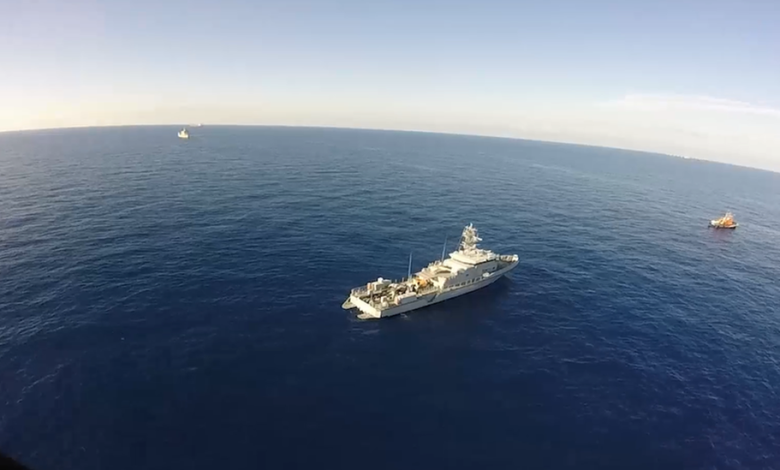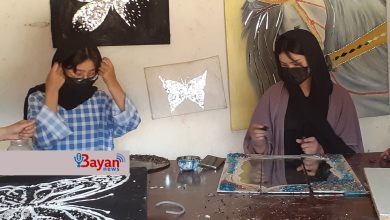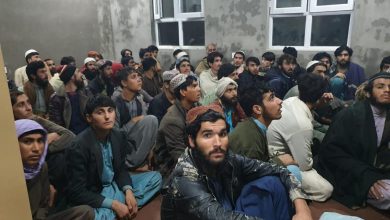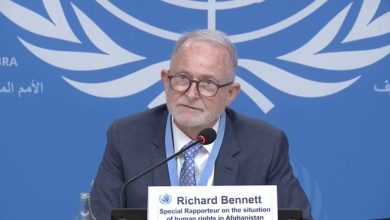
Collapse of Afghan Media; How Did Suraj Survive Drowning in Greek Waters?
Bayan News
Sayed Abdul Raqib Fayaz
The change of regime in Afghanistan, the withdrawal of foreign forces and international organizations from the country, cast a shadow over many sectors, and above all, led to the destruction of independent media in Afghanistan, resulting in hundreds of media workers either losing their jobs or resorting to dangerous and illegal migration.
In addition, with the fall of the republican system, a number of Western and European countries exempted themselves from transferring vulnerable journalists. They attempted to relocate them to a safe place. However, due to the extent of corruption and inefficiency in this process, many media personnel and journalists remained behind and made their own decisions to reach a safe place, but they did not anticipate the difficulties they would face.
This report focuses on the challenges faced by a media worker who had been working for many years in one of the television networks in northern Afghanistan and is currently living in Istanbul, Turkey, in an undocumented manner.
This media worker’s name is Suraj, and a few months after the fall of Kabul to the Islamic Emirate, he decided to enter Turkey legally by obtaining a two-month visa.
Suraj states that during the two months, he tried to extend his visa, but the Turkish government refused to do so. After that, he continued his life in this country fearfully and in a clandestine manner.
According to him, due to the difficulties and hardships of living as an illegal immigrant in Istanbul, Turkey, and upon the advice of his friends, he decides to reach Italy by boat.
He explains that initially, along with 250 others, they are transported from Istanbul, guided by a smuggler, in a truck to the area where they are supposed to board the ship. After three hours of waiting, the ship finally arrives, and after eight hours, they enter Greek waters.
This media worker vividly remembers that upon entering Greek waters, he and the other passengers of the boat are detained by the Greek police and sent back. He further adds that they were adrift in the waters for about ten hours until the passengers of the boat contacted the Turkish police and were rescued from drowning.
The Turkish police transfer Suraj and the other refugees to Antalya camp, where they are kept for three months without the minimum facilities. Then, a deadly earthquake strikes Turkey, and they are released from the camp without requesting any documents. Suraj returns to Istanbul once again.
This is not the end of Suraj’s illegal journey to Europe; after a short period, he decides to put himself in danger again to reach his final destination.
Suraj coordinates with a smuggler to once again travel towards Italy. Accompanied by over 100 others, they gather in Antalya city, Turkey, and are transported by a truck.
After a seven-hour journey, they reach an area full of forests, where they are supposed to board the ship. However, after one hour, they are surrounded by the Turkish police. Suraj, not willing to return to the camp, escapes with one other person and spends a whole day wandering as refugees in the mountains.
When Suraj attempts to descend from the mountains and return to Istanbul, he is arrested by the police and transferred to the camp, where he spends ten difficult days until he is finally released.
Suraj’s third decision is to travel to Italy by land. Suraj believes that although the land route is longer, it may be cheaper to reach Italy. Suraj and other refugees coordinate with a smuggler and gather once again in a hostel. After a few hours, they learn that the Turkish police are looking to detain them, and they ultimately change their plans and abandon the land journey to Italy.
Suraj believes that if the Turkish government does not take action against refugees and does not return Afghans to Afghanistan until they can continue their lives with dignity, refugees would never risk their lives with the slogan of “Death or Europe.”
Meanwhile, some journalists in Kabul say that the media situation in Afghanistan is extremely dire, and with the collapse of the media, media workers are now trying to overcome this economic crisis.
Sayed Amin Hemat, one of the journalists in Kabul who has been unemployed for a year, says that economic problems have led media workers to embark on illegal smuggling and travel routes to escape this economic crisis. They are trying to reach Western and European countries to find refuge.
However, over the past two years, hundreds of visual, audio, and print media outlets have ceased operations due to economic problems and imposed restrictions. With the collapse of these media outlets, hundreds of media workers have become unemployed, and many of them have become displaced to neighboring and European countries.







